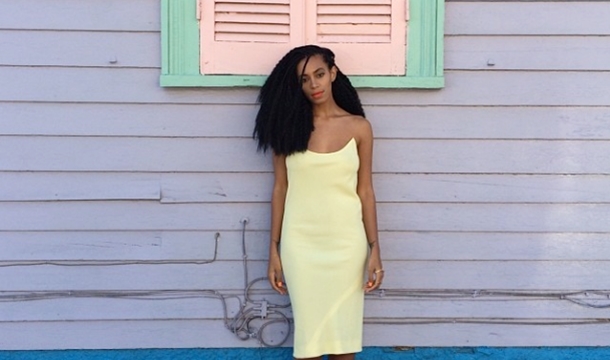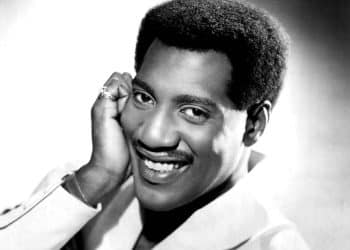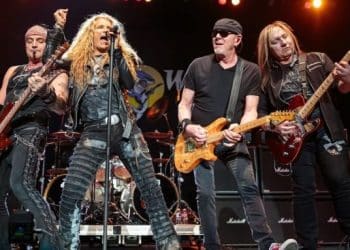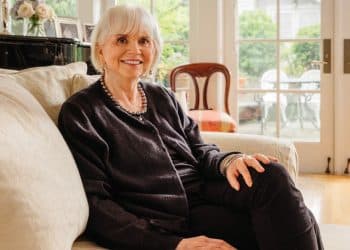Solange Knowles has love for Hip-Hop just like a love for R&B and artists like Brandy and Monica. Giving a very open and in-depth interview with NPR this week, the "I Decided" and "Sandcastle Disco" singer talked about a lot, including how she ended up dancing for Beyonce and Destiny's Child, Michelle Williams, parenting her son, backlash for things she's said in the past about R&B and mainstream versus indie music.
Below are a few highlights. You can listen to Solange's full interview with NPR [here].
KNOWLES: My earliest love, which was sort of an obsession actually, was Nas. I was in seventh grade, I believe, when Nastradamus was out, and I took it pretty far. I listened to it — no, I mean, I actually was telling someone yesterday, I got suspended over Nas.
KNOWLES: In eighth grade I went to a very, very Christian school. I had the God's Son shirtoff poster in my locker — across the belly — and the dean told me that I needed to remove the poster because it was blasphemous. And I argued that if I did that the young lady two lockers down from me had to take down her Justin Timberlake poster because he had a cross tatted on his chest.
What do you think of the current state of hip-hop in terms of social content?
KNOWLES: I'm celebrating it, honestly. I think the new wave of rappers, especially Kendrick, the Black Hippy, ScHoolboy, I love what they're doing. I think that's definitely something to celebrate. Coming from a movement in hip-hop where everything was hyper hyper hood and was really, really sort of celebrating poverty and celebrating the selling the drugs and celebrating really just a lack of education.
There's definitely truth to a lot of those stories which you can't deny and disassociate from, which is the way that I try to look at it — that's a lot of people's truth. That's a lot of people's environment, whether it's right or wrong. As an artist, everybody has the opportunity to celebrate and speak their truth, and so I definitely wasn't playing it for my 8-year-old but every once in a while when you're in a party, a little bit of that at a time feels good.
What do you play for your 8-year-old?
KNOWLES: Well, I honestly try to have the approach that this is real life, this is the real world that we live in, and I don't really try to shelter him from a lot of things that he's gonna see when he looks out of the window, you know what I mean? There's obviously a certain level of profanity or sexual profanity that I draw the line at, but he loves Jay, he loves his latest album. He's actually going through a very interesting phase where he's loving dubstep, like loving Europe drum and bass dubstep vibes, so.
Indie, Major labels and R&B…
And so I think going through that whole phase and transition, I really saw the strengths in the major labels, I saw the strengths in the indie labels and I saw some things that I wasn't a fan of, of both. I wanted to structure something that — not necessarily was down the middle, but that could house and support someone who didn't really consider or feel themselves fulfilling the role of an indie versus major label artist. Because now the lines are so crossed.There's so many different ways to interpret that term in itself. For me, I always have looked at "indie" as a term of "independence." Never associated a sonic gesture with that in the same way that pop music has always meant "popular" to me, you know, it didn't define a sound. And I think now that has been the context for things. If something is indie, it almost has this sonic association with it, or pop has become this term of shame almost, like, bubblegum sweet pop.
….. There's just so, so many overlooked R&B artists and I think it's really about, again, being sensitive to whatever you're addressing culturally. I just always try to have a sensitivity to it and what that might make someone feel. So when you click on someone's Twitter page and it's like, why is C-Murder your background? Why is that the face of your thoughts and your voice?
Dancing with Beyonce and Destiny's Child…
And then at 13, my sister's — Destiny's Child were going on tour. They were opening up for Christina Aguilera and they had just changed group members, and their whole show was structured around very meticulously this choreography.
Did you know all the dances?
No, not at all. But they had just changed members and Michelle had rehearsed and learned this very particular show and then one of the dancers just up and said that she was pregnant. She quit like maybe a week and a half before the tour left. So my sister was like, "Oh, you dance. Just fill in. By the time we audition someone and teach them all, it's gonna be too late." And like Michelle really needed to rely on this structure. So I was like, "Cool, I'm down." But I had no idea how to do hip-hop dancing.I was so awkward. It was just a lot of pelvic thrusting, and I didn't know what I was doing.
Their choreographer — who's still her choreographer — he's really hardcore, he's notoriously known as a junior Debbie Allen, like, "You need to …" yelling. And he would always be like, "This isn't goddamn ballet! You better …" you know. So it was very, very stressful. I had like a week to learn the whole show — note that most of the dancers had like a month, they had been in rehearsal. And I actually did it for about two years.I just had a lot of energy. I was not very great at it and I had very long braids — they were bright red so that really helped me — I learned the importance of hair and dance, the marriage. So it's definitely ingrained in me, the spirit of movement. But it really was just like wanting the show, again, to have those nuances and to really reflect the music and the era that we were so inspired by for the record. It's very interesting, when we do the movements and sometimes I can be singing my little heart out and people are just like, "Cool." And then I do a little two-step and it's like, "Woo!"
For Solange's full interview visit NPR.






